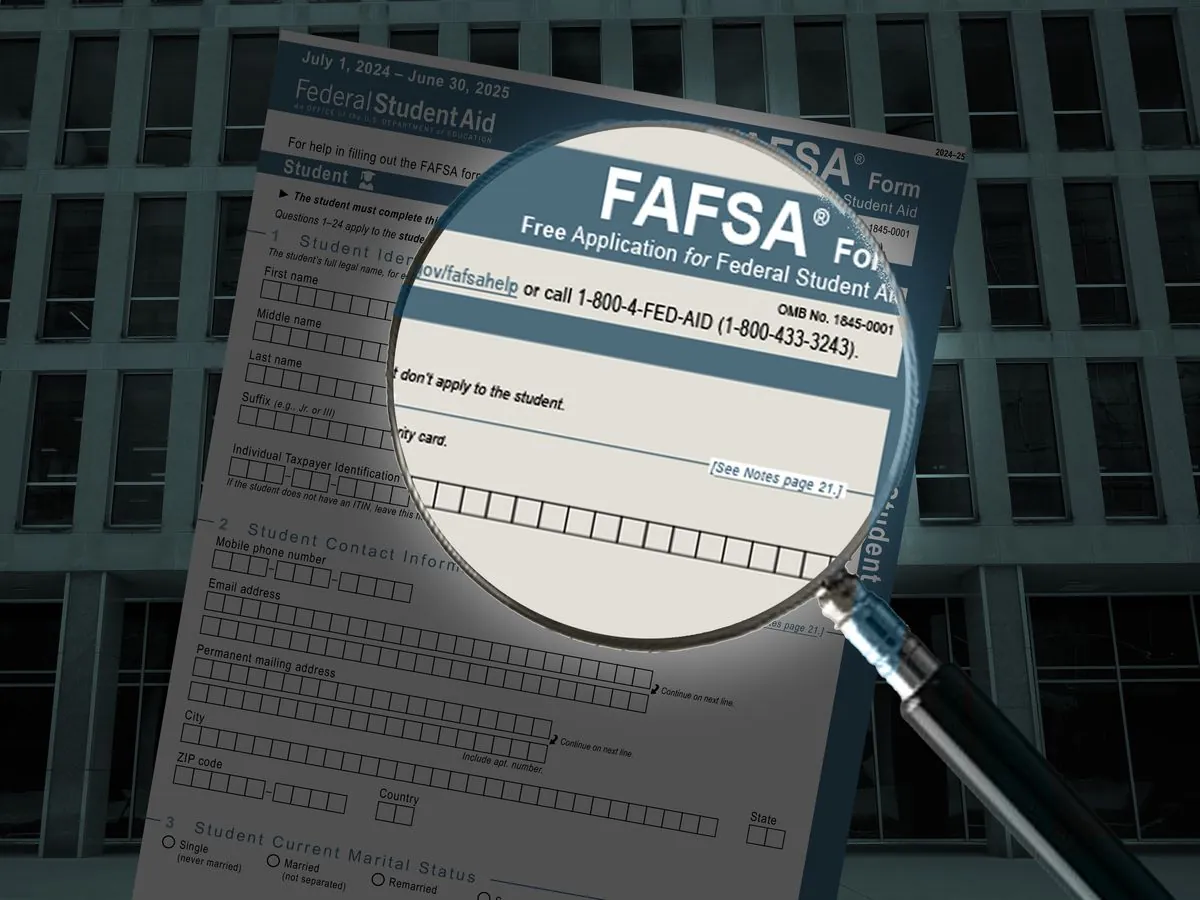Education Department Launches Beta Test for Revamped FAFSA
The U.S. Education Department initiates beta testing for the 2025-2026 FAFSA, aiming to prevent last year's rollout issues. The move comes amid criticism and ongoing challenges from the previous cycle.

The U.S. Department of Education is set to commence beta testing for the 2025-2026 Free Application for Federal Student Aid (FAFSA) on October 3, 2024. This initiative aims to avert the complications that plagued the previous year's rollout, which left numerous students grappling with delayed financial aid packages.
The FAFSA, introduced in 1992, serves as the gateway for millions of students seeking access to federal, state, and institutional financial aid. Typically available from October 1 to June 30 each year, the form collects crucial financial information from students and their families to determine aid eligibility. However, the Education Department has missed the October 1 deadline for the second consecutive year, raising concerns among lawmakers and education advocates.
In response to these challenges, the department has implemented a phased beta testing approach. The initial round will involve 1,000 students collaborating with community organizations to access and evaluate the new form. This process is designed to identify and resolve potential issues before the form's wider release in December 2024.
James Kvaal, Undersecretary of Education, emphasized the comprehensive nature of the testing:
"We're testing a complete FAFSA system. That means that students will begin submitting FAFSA forms with hands-on advice and support of experts. The department will process those FAFSA, give students an opportunity to make corrections if needed and send the records to colleges and state agencies."
The urgency of this beta testing is underscored by recent reports from the Government Accountability Office (GAO). These reports highlighted significant shortcomings in the department's execution of the redesigned FAFSA, including inadequate testing and the decision to overlook critical system requirements.

The FAFSA simplification process, mandated by Congress through the FAFSA Simplification Act of December 2020, aimed to streamline the application and potentially increase aid accessibility. Notable changes include reducing the number of questions from 108 to about 36 and replacing the Expected Family Contribution (EFC) with the Student Aid Index (SAI).
Despite these intended improvements, the 2024-2025 FAFSA cycle faced numerous challenges. The Education Department struggled with processing delays, unanswered support calls, and technical glitches that hindered students from completing their applications and receiving timely aid offers.
In response to these issues, the department has taken steps to bolster its capabilities. These measures include hiring additional experts, expanding customer service capacity, and implementing more rigorous testing protocols. However, concerns persist about the department's ability to successfully deliver the 2025-2026 form.
The importance of FAFSA cannot be overstated. It is used to distribute over $150 billion in federal student aid annually and has been linked to higher college enrollment rates, particularly among low-income students. Some states have even made FAFSA completion a high school graduation requirement, highlighting its significance in the college access landscape.
As the Education Department works to address the challenges, students and families continue to navigate the complexities of the financial aid process. The success of the upcoming FAFSA cycle will be crucial in restoring confidence in the system and ensuring that students receive the support they need to pursue higher education.


































